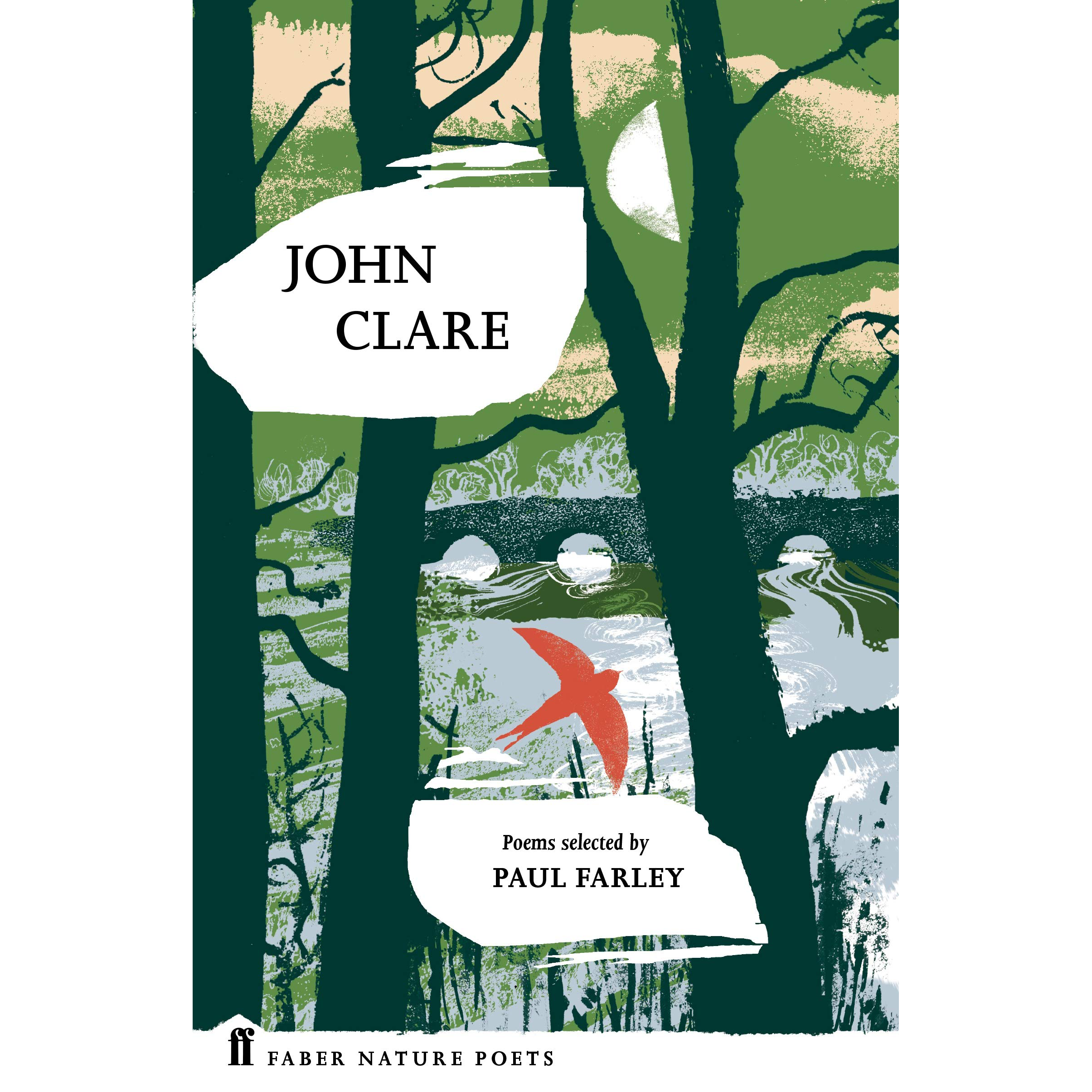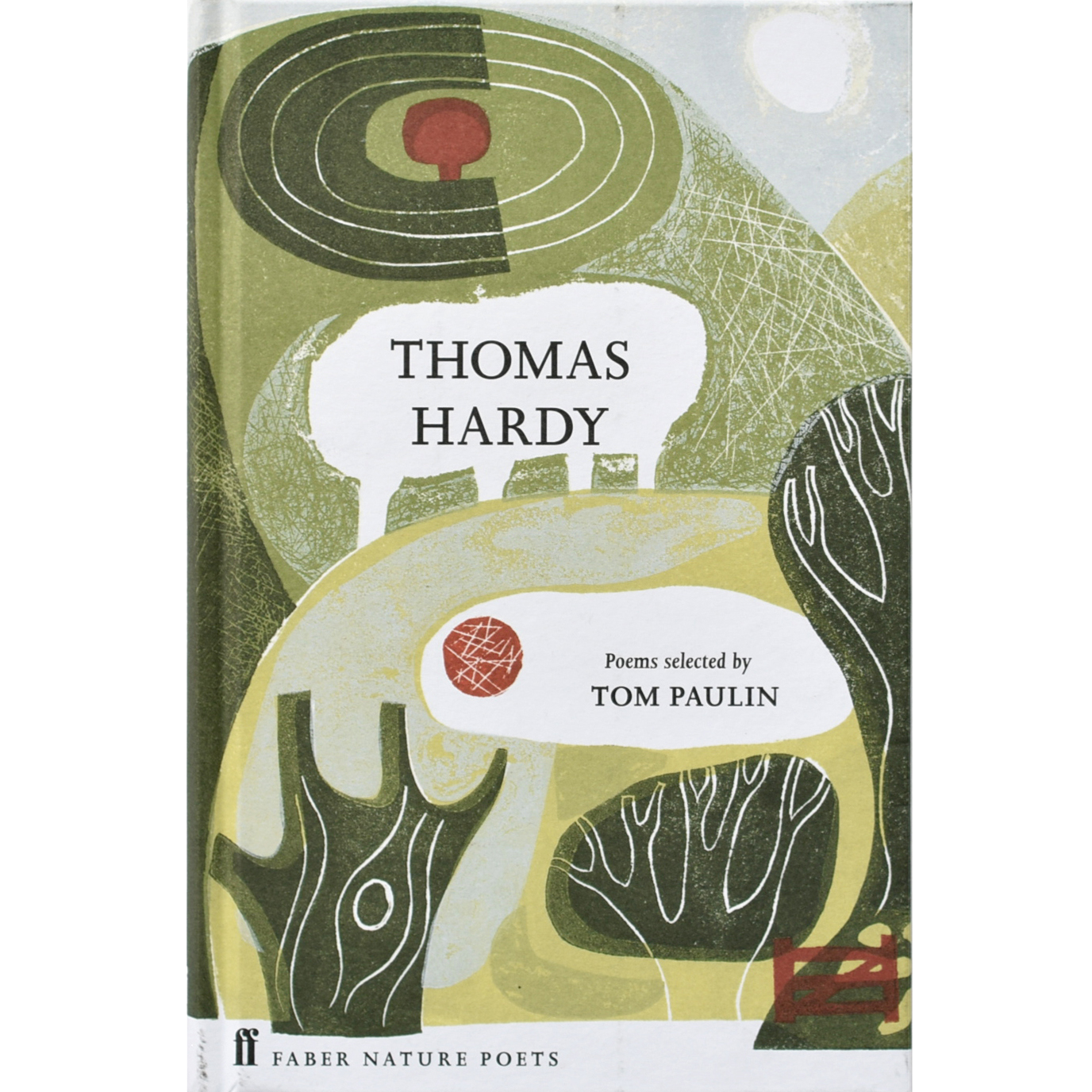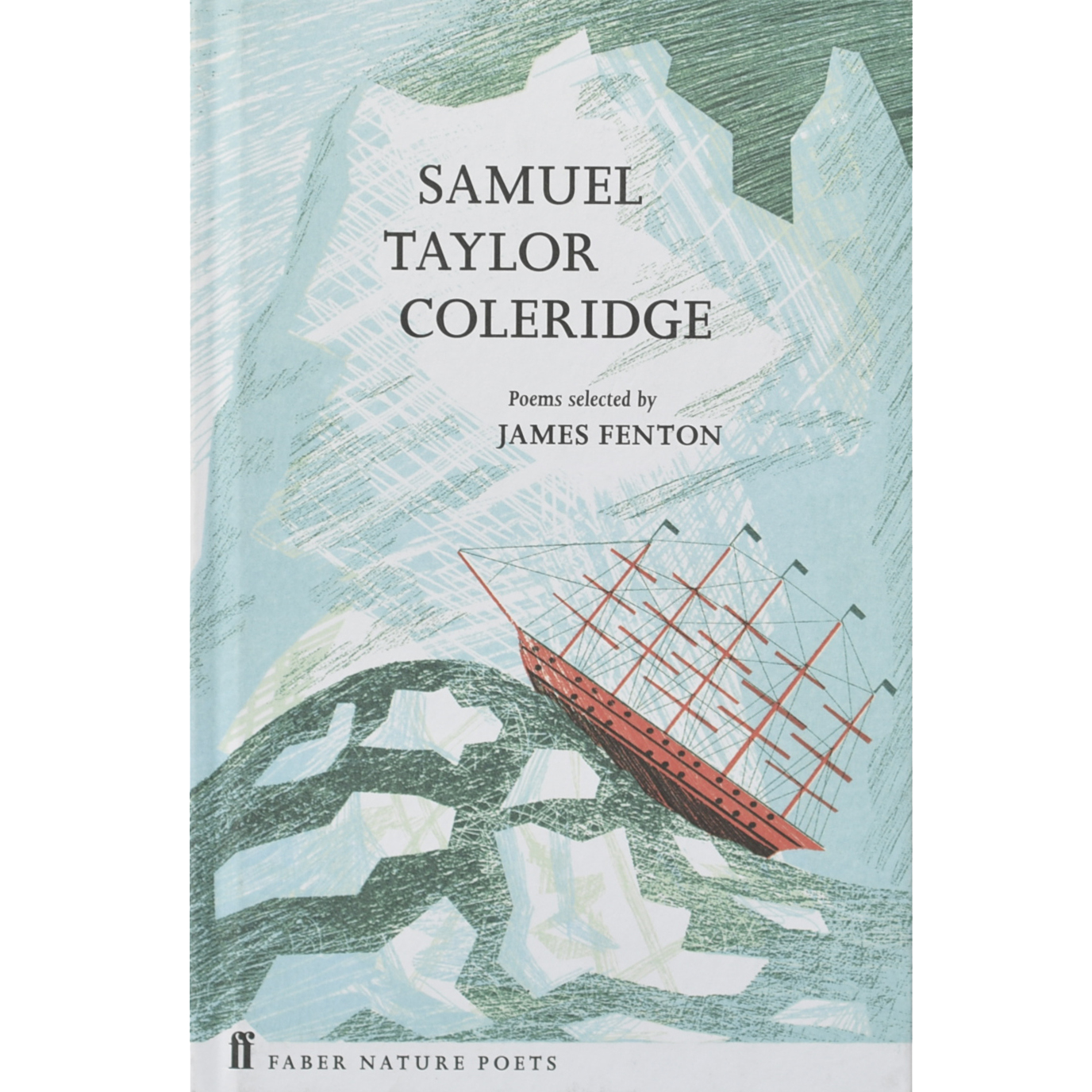 Image 1 of
Image 1 of


John Clare
John Clare | Poems selected by Paul Farley
In this series, a contemporary poet selects and introduces a poet of the past. By their choice of poems and by the personal and critical reactions they express in their prefaces, the editors offer insights into their own work as well as providing an accessible and passionate introduction to the most important poets in our literature.
John Clare (1793-1864), the 'peasant poet', worked as an agricultural labourer in Northamptonshire until a deterioration in his mental health saw him committed to an insane asylum. He published four volumes of verse, including Poems, Descriptive of Rural Life and Scenery (1820), and The Shepherd's Calendar (1827).
John Clare | Poems selected by Paul Farley
In this series, a contemporary poet selects and introduces a poet of the past. By their choice of poems and by the personal and critical reactions they express in their prefaces, the editors offer insights into their own work as well as providing an accessible and passionate introduction to the most important poets in our literature.
John Clare (1793-1864), the 'peasant poet', worked as an agricultural labourer in Northamptonshire until a deterioration in his mental health saw him committed to an insane asylum. He published four volumes of verse, including Poems, Descriptive of Rural Life and Scenery (1820), and The Shepherd's Calendar (1827).
John Clare | Poems selected by Paul Farley
In this series, a contemporary poet selects and introduces a poet of the past. By their choice of poems and by the personal and critical reactions they express in their prefaces, the editors offer insights into their own work as well as providing an accessible and passionate introduction to the most important poets in our literature.
John Clare (1793-1864), the 'peasant poet', worked as an agricultural labourer in Northamptonshire until a deterioration in his mental health saw him committed to an insane asylum. He published four volumes of verse, including Poems, Descriptive of Rural Life and Scenery (1820), and The Shepherd's Calendar (1827).


